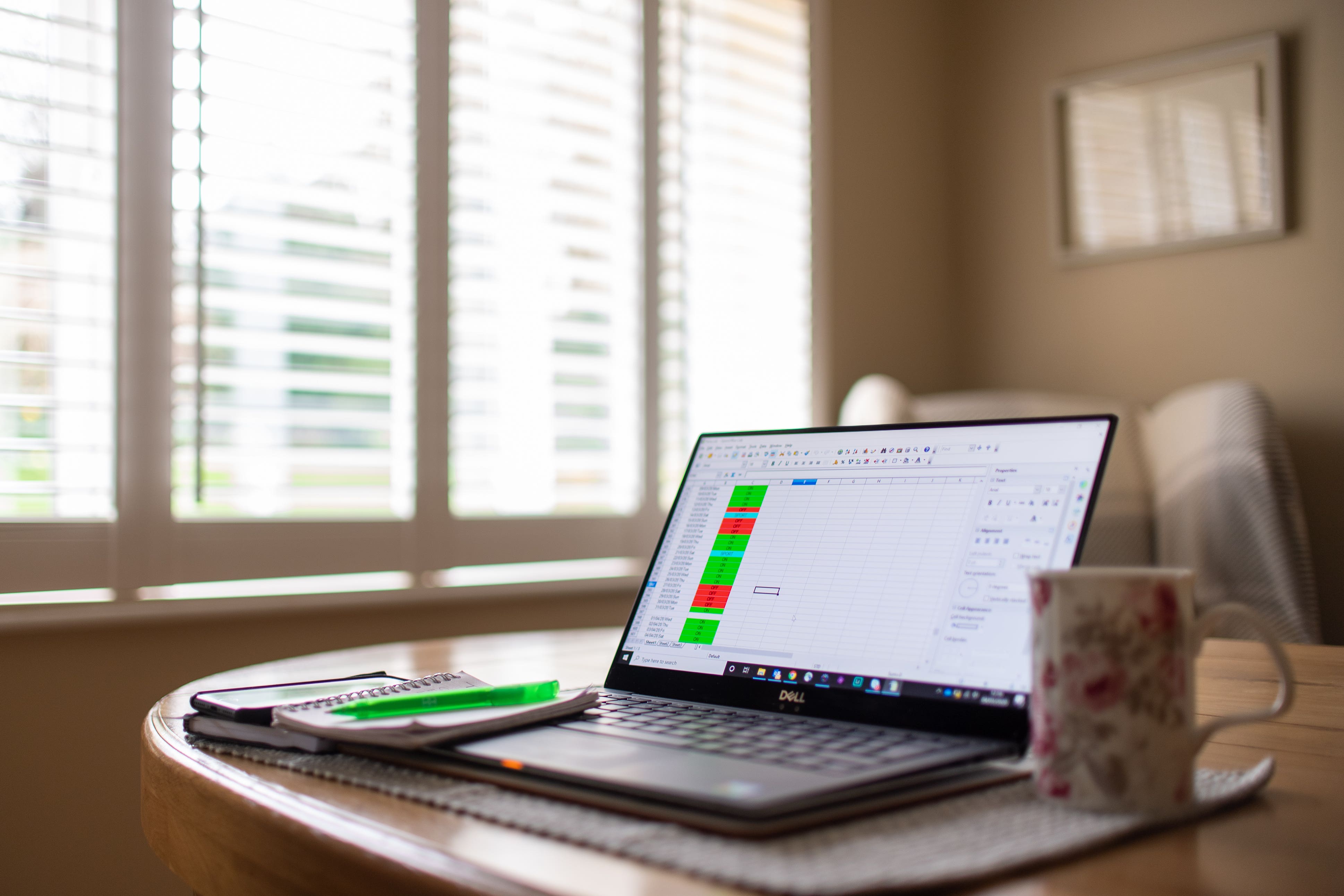Ministers urged to embrace ‘Twat-ism’ as a flexible work approach
A ‘Twat’ is somebody who works from the office on Tuesdays, Wednesdays and Thursdays – a stance backed by Tory MP Sir Michael Fabricant.

Ministers have been urged to encourage “Twat-ism” – a flexible work arrangement where individuals only come into the office three days a week.
Tory MP Sir Michael Fabricant praised the concept as he challenged the notion that working from home should be an all-or-nothing approach during Cabinet Office questions.
The Lichfield MP acknowledged the positive aspects of working in an office but also emphasised the advantages of remote work, such as time saved on commuting and increased focus on the job at hand.
Working from home has its advantages, including saving travel time, and (being) able to concentrate on occasion more on the job
Seeking a balanced perspective, he urged ministers to avoid adopting a rigid stance on working from home and embrace what he called “Twat-ism”.
A “Twat” is somebody who works from the office on Tuesdays, Wednesdays and Thursdays.
Sir Michael’s comments came after Conservative MP Greg Smith (Buckingham) asked Cabinet Office minister Jeremy Quin what he was doing to “ensure more civil servants get to their desks” after claiming that occupancy in “some departments like HMRC is still below 50%”.
Mr Quin said the Government is “encouraging people to go back”, adding: “That is an ongoing trend I believe.”
He went on: “There are real benefits in civil servants working together, as there are in other areas of the economy, in terms of innovation, in terms of teamwork, in terms of being able to bring on new members of the team and I welcome the fact that people are returning to the office, and they are working collaboratively in Government buildings.”
Sir Michael later said: “May I take a slightly contrary view about working from home that we heard just now from the frontbench?
“While I fully recognise that working with other people in an office is very constructive from a teamwork and creative point of view, also working from home has its advantages, including saving travel time, and (being) able to concentrate on occasion more on the job.
“So can I just simply ask my right honourable and honourable friends to maybe not take a too prescriptive view about working from home and encourage ‘Twat-ism’?”
Mr Quin replied: “We are all better informed. I am grateful to him. This is not doctrinaire. There are occasions… when that is the right approach.
“But the default position should be people working together in that office space and we believe that you get more out of employees, better productivity, and it’s a better experience for those working together in that team environment.”
Bookmark popover
Removed from bookmarks